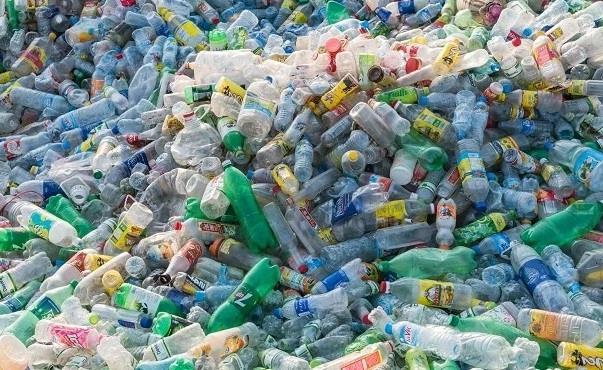
Researchers Develop New Method To Tackle Polyethylene Waste
Most of the plastics used today end up being discarded and accumulated in landfills.
PE is the most widely used plastic in the world. Daily food packaging, shopping bags and reagent bottles are all made from PE. It is also the largest proportion of all plastic waste and primarily ends up in landfills, posing a threat to global environment and ecology.
The team led by experts from the University of Adelaide in Australia upcycled polyethylene plastic waste into ethylene and propionic acid with high selectivity using atomically dispersed metal catalysts.
"Plastic waste is an untapped resource that can be recycled and processed into new plastics and other commercial products," said Prof. Shizhang Qiao, from the varsity's School of Chemical Engineering.
"Catalytic recycling of PE waste is still in early development and is practically challenging because of chemical inertness of polymers and side reactions arising from structural complexities of reactant molecules," Qiao added.
In the paper, published in the journal Science Advances, the team used an oxidation-coupled room-temperature photocatalysis method to convert the waste into valuable products with high selectivity.
Nearly 99 per cent of the liquid product is propionic acid, alleviating the problems associated with complex products that then require separation.
Renewable solar energy was used rather than industrial processes that consume fossil fuel and emit greenhouse gases, the expert said.
"This waste-to-value strategy is primarily implemented with four components, including plastic waste, water, sunlight and non-toxic photocatalysts that harness solar energy and boost the reaction. A typical photocatalyst is titanium dioxide with isolated palladium atoms on its surface," Qiao said.
Current chemical recycling for PE waste is operated at high temperatures greater than 400 degrees centigrade that yield complex product compositions.
Ethylene is an important chemical feedstock that can be further processed into a variety of industrial and daily products, while propionic acid is also in high demand owing to its antiseptic and antibacterial properties.
The team's work aims to address contemporary environmental and energy challenges, contributing to a circular economy. It will be of use in further scientific research, waste management and chemical manufacturing.
"Our fundamental research provides a green and sustainable solution to simultaneously reduce plastic pollution and produce valuable chemicals from waste for a circular economy," said Qiao.
--IANS
rvt/prw

Legal Disclaimer:
MENAFN provides the
information “as is” without warranty of any kind. We do not accept
any responsibility or liability for the accuracy, content, images,
videos, licenses, completeness, legality, or reliability of the information
contained in this article. If you have any complaints or copyright
issues related to this article, kindly contact the provider above.

















Comments
No comment